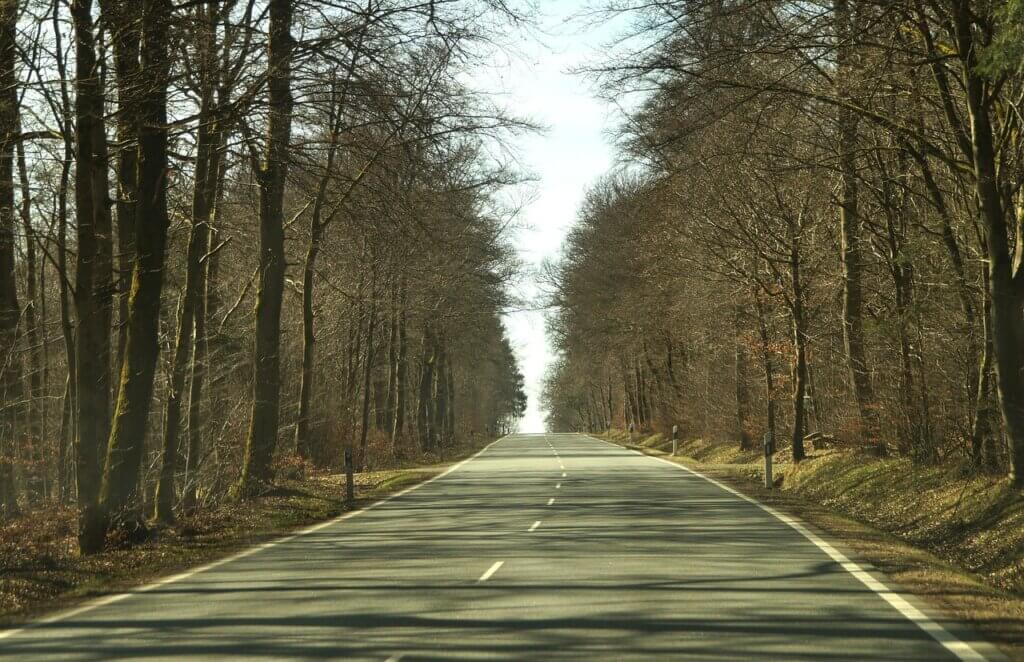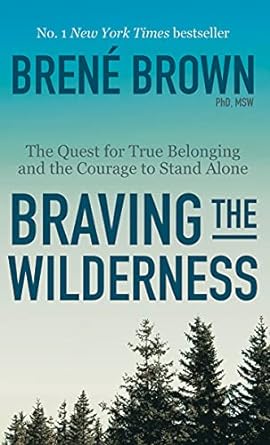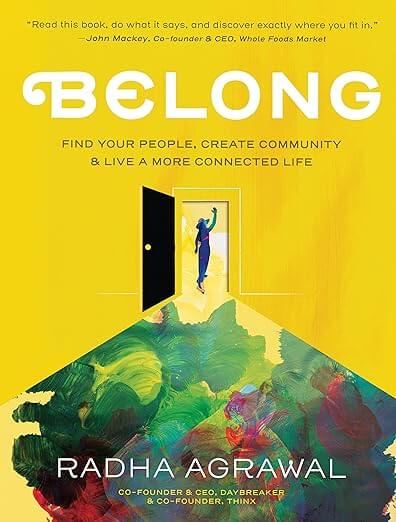Seventeen years ago, I embarked on a journey that not only changed my location but also transformed my understanding of home and belonging. Moving from the Philippines to the Netherlands, I found myself constantly navigating the space between my birth country and my new home, a space filled with both challenges and discoveries.

The ever-shifting concept of home
Home. A simple word that carries immense weight. Traditionally, home is seen as a place of origin, a static geographic location. But for those of us living in a country different from where we were born, ‘home’ takes on multiple layers of meaning. It can be a place, a feeling, a memory, or a group of people. For me, home is now a blend of the familiar warmth of Filipino traditions and the refreshing openness of Dutch culture. This hybrid notion of home is comforting but also a source of continuous self-exploration.
Writer Pico Iyer’s reflections on this topic hits home when he said, “Where you come from now is much less important than where you’re going. More and more of us are rooted in the future or the present tense as much as in the past. And home, we know, is not just the place where you happen to be born. It’s the place where you become yourself.”
Living in-between
Being an in-betweener means more than just living between two countries; it’s about balancing and blending multiple identities. It involves inserting birthday noodles we Filipinos call pansit in a Dutch coffee-and-cake birthday party because as I learned from my folks, the noodles ensure a long life (which I’d still like to believe)! It is a duality that can be enriching or overwhelming, depending on which cultural lens you decided to look through.
The in-betweener’s journey is not linear. It zigzags through feelings of alienation and acceptance, creating a tapestry woven from threads of diverse cultural experiences. At times, it feels like speaking a universal language yet at others, like conversing in a dialect only I can understand. It could be what led to my work in belonging.
The quest for belonging
Belonging is a fundamental human need, and its pursuit can be bittersweet for those of us with feet in different worlds. We often find ourselves forging belonging out of necessity, crafting spaces where our hybrid identities can coexist.
Community gatherings, whether a small get-together discussing books from around the world or a large multicultural festival celebrating the diversity of our city, are lifelines. They are reminders that belonging doesn’t have to be tied to a single geographic location but can be found in moments of connection and shared understanding.
If you’d like to know more, read my research here or my Belonging is a mindset blog series.
Some books on belonging
Cultural hybridity as strength
Living in two worlds can be confusing. And beautiful. The beauty of it lies in cultural hybridity — not as barrier but as a unique asset. This hybridity offers the ability to view the world from multiple perspectives, providing insights that are as varied as they are deep. In professional settings, this translates into innovative problem-solving skills and adaptive communication strategies; in personal settings, it nurtures empathy and a deep-seated appreciation for both difference and sameness between cultures.
In other words
The journey of an in-betweener is complex and filled with continuous negotiations of identity and belonging. Yet, it is precisely this complexity that makes our experiences rich and incredibly rewarding. While we may always grapple with questions of where we truly belong, perhaps it is this quest that keeps our lives so vibrantly alive too.
As in-betweeners, we may not fit neatly into conventional categories (and yes, we don’t always feel welcome where we go), but in our blending of worlds, we find a dynamic symphony of life’s possibilities, playing out in a melody richer and more complex than a singular cultural note could ever produce.
So where do you come from? And does it matter? Or does it matter that you feel that you belong?#






